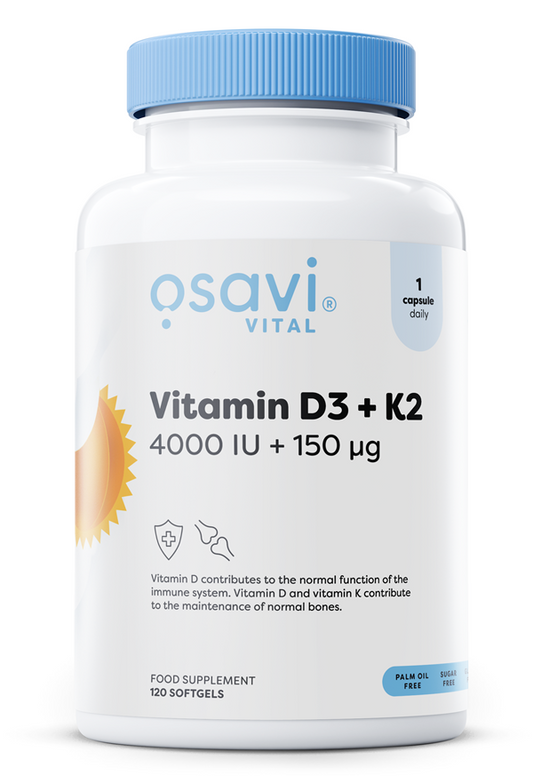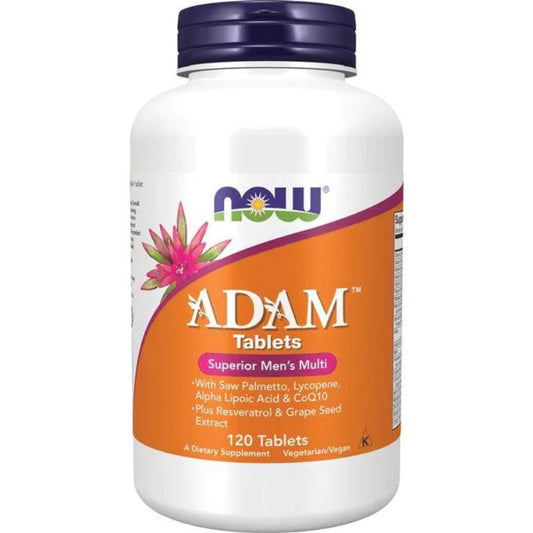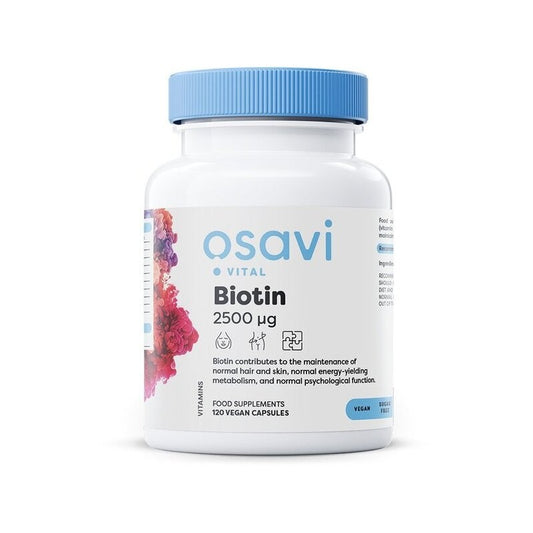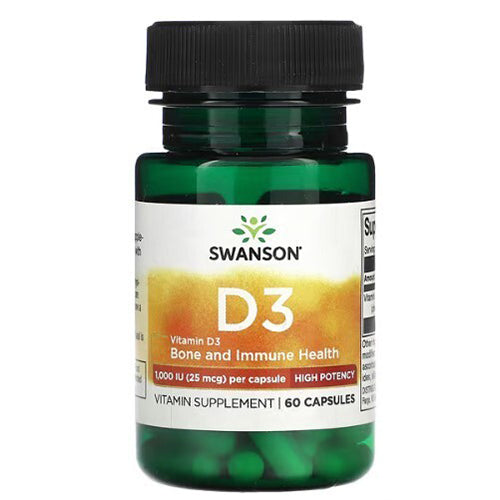
Cholesterol Explained – Lifestyle, Vitamins, and Supplements for Everyday Wellness
Jakub SkibaCholesterol is a natural substance in the body that plays important roles in general health and nutrition. It is present in every cell and contributes to overall energy metabolism, the formation of essential fatty compounds, and the structural integrity of cell membranes. While the body produces cholesterol naturally, it is also obtained from foods such as eggs, meat, and dairy products. Understanding cholesterol can help people make informed decisions about their diet, daily habits, and nutritional supplementation. At Positive Dose, we view cholesterol as part of a broader lifestyle picture. Our mission is to provide knowledge, guidance, and quality supplements that support overall wellness rather than focusing on disease prevention or treatment. By combining healthy eating habits, movement, and carefully chosen nutritional supplements, individuals can foster a balanced lifestyle that supports consistent energy, vitality, and overall body function. Our goal is to empower readers to understand how everyday choices—including nutrient-rich foods and high-quality vitamins—can contribute to a well-rounded approach to health. Supplements such as B vitamins, omega-3 fatty acids, and soluble fibers can serve as additional tools to help maintain a balanced diet, complementing wholesome meals and active living. Positive Dose believes that a holistic approach to nutrition, combined with reliable information about vitamins, minerals, and natural supplements, can help individuals feel informed, energized, and confident in their daily wellness journey. Learning about cholesterol as part of nutrition awareness allows people to make decisions that fit their lifestyle goals, personal routines, and overall sense of well-being, while integrating habits that promote everyday health and vitality.
What is Cholesterol?
Cholesterol is a fatty substance found in the cells of the body. It is naturally produced by the body and is also found in foods like eggs, meat, and dairy products. Cholesterol contributes to overall nutrition, supports energy metabolism, and plays a role in producing essential compounds that the body uses for daily functioning. It travels in the bloodstream in combination with proteins called lipoproteins, which help transport fats throughout the body.
Understanding Lifestyle and Nutrition
Lifestyle factors, including diet, physical activity, and consistent daily routines, influence how the body maintains balance in nutrients and fats. Choosing a diet rich in fruits, vegetables, whole grains, nuts, seeds, and healthy fats provides nutrients that support daily metabolism and energy levels. Regular physical activity, sufficient sleep, hydration, and stress management all contribute to a well-rounded lifestyle approach. At Positive Dose, we emphasize that supplements are not a replacement for healthy living but are tools that complement nutritious eating and active habits.
Vitamins and Supplements That Support Nutrition
Vitamins, minerals, and plant-based supplements can support nutritional balance as part of a daily wellness routine. Common examples include: B-complex vitamins for energy metabolism support, vitamin D for overall wellness, omega-3 fatty acids from fish oil or plant sources, and soluble fibers like psyllium that complement dietary fiber intake. Herbal supplements such as green tea extract or artichoke leaf extract can also provide natural compounds that fit within a balanced lifestyle. These products are meant to support everyday wellness, help maintain nutrient intake, and integrate smoothly into a healthy routine. Positive Dose provides high-quality supplements with clear labeling to ensure consumers have accessible, trustworthy options.
Key Lifestyle Practices
Daily habits play a crucial role in overall wellness. Nutrition should focus on whole, minimally processed foods. Movement can include walking, cycling, or gentle resistance exercises. Hydration and quality sleep contribute to consistent energy levels. Stress management practices like mindfulness, meditation, or journaling can support a balanced routine. Supplements are most effective when incorporated into this foundation of healthy habits.










